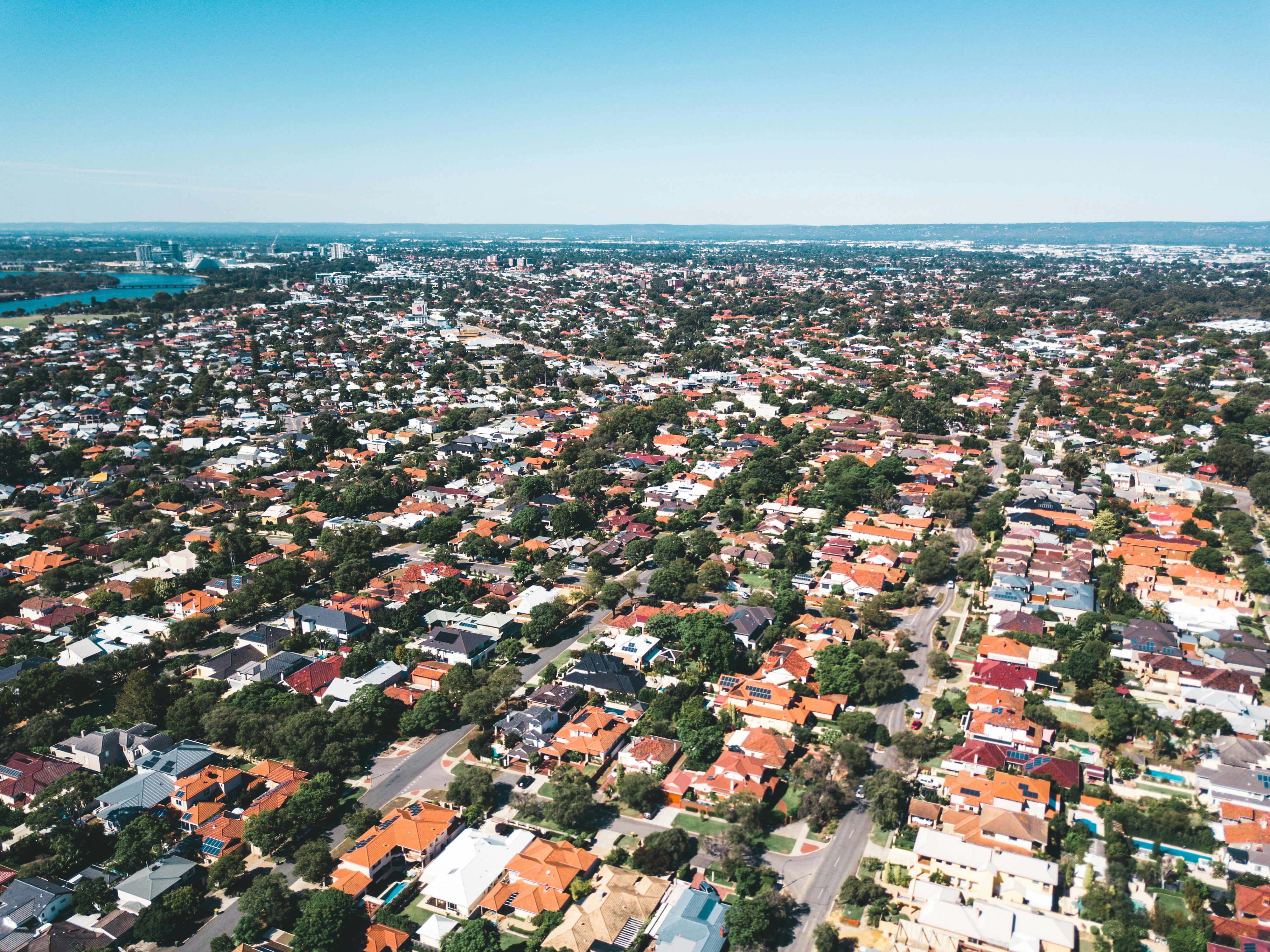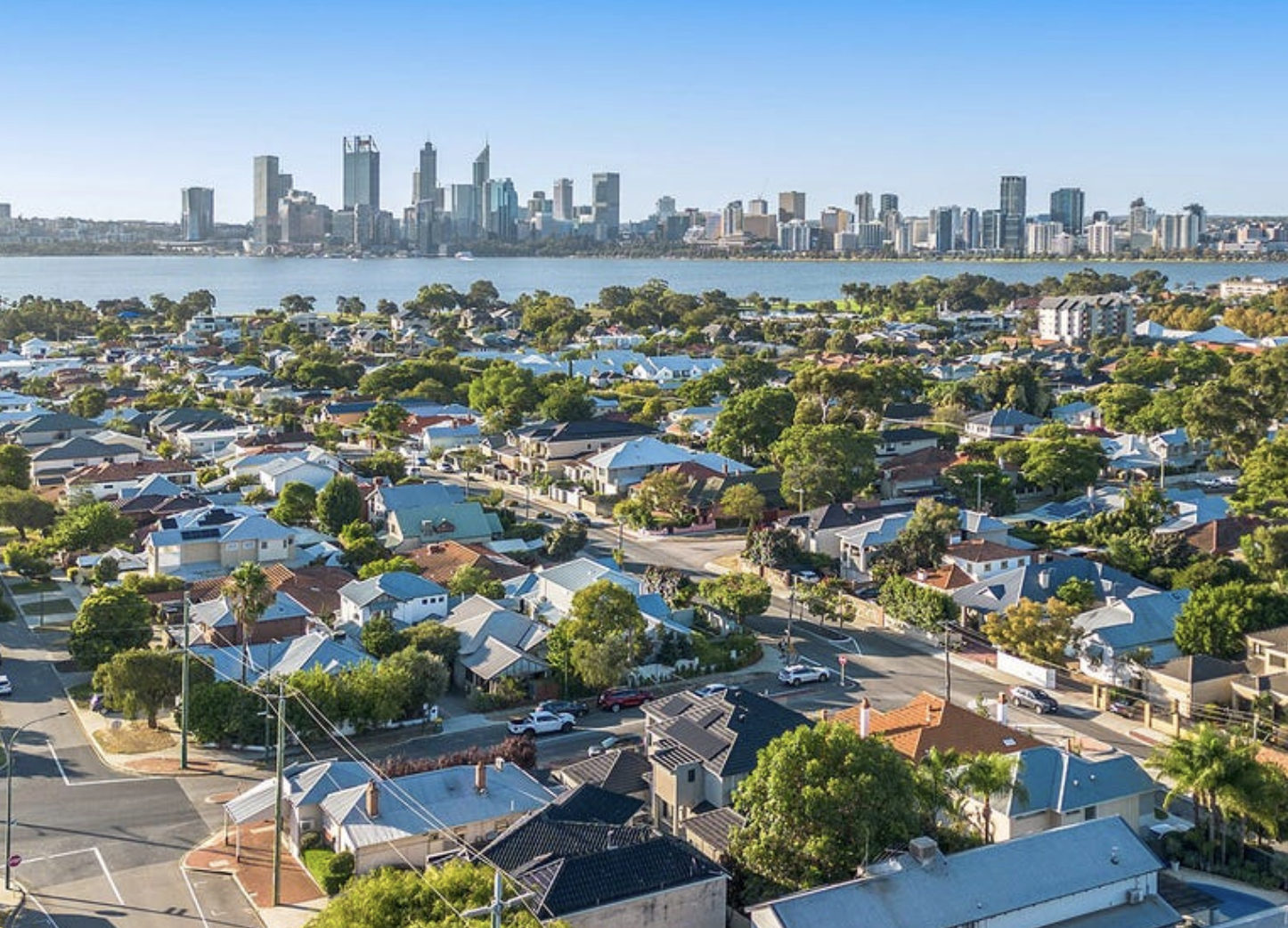As we enter the new financial year, it’s an optimal time to look back on the past year, see how your real estate market performed, and start thinking about your next move on the property ladder.
In this newsletter, we’ll look at the proportion of property resales where vendors made a profit and a loss.

- Curious about what the 2021 Census reveals about home ownership trends? Here’s a data-packed analysis with a forecast for the next 5 years.
- Cairns Regional Council is proposing to increase its council rates for property investors, despite the city having fewer than 300 advertised listings for rent.
- In Adelaide, Australia’s tightest rental market, a studio apartment has attracted eyeballs for its extraordinary floor plan, featuring a glass cube toilet next to the kitchen.

- Stock levels are tighter than last year overall, with the number of newly advertised properties across the capital cities 0.1% lower than May 2021.
- In Sydney, there are 13.9% fewer new listings compared with May 2021.
- Meanwhile, Melbourne is seeing 14.4% more new listings.

- In the 3 months to March 2022, 93.7% of all residential property resales made a profit, according to CoreLogic, a slight decrease from the 94% recorded in the December 2021 quarter. It’s the first decline seen since the August 2020 quarter.
- The median gain in home resales nationally was $290,000, while the median loss was -$33,000. Of the resales that were profit-making, the median gain for houses was $370,000. For units, it was $173,000.
- Capital cities that saw a rise in profitable resales in the March quarter include Perth, Brisbane, Hobart and Canberra.
- Houses in capital cities were still more likely to net a gain than those in regional areas, with the incidences of profitability at 97.3% and 94.9% respectively. The opposite was the case for units - regional resales (91.8%) outperformed that of capital cities (86.9%).
- Out of the capital cities, Hobart took top gong with a profitability rate of 99%, up by 0.6 percentage points in the March quarter. The Tasmanian capital has maintained this position for 15 quarters in a row.
- For non-capital city markets, regional Victoria recorded the highest incidence of profit-making at 99.4%, up by 0.2 percentage points.
- Looking at detached houses only, Canberra had the highest proportion of resales netting a gain, at 99.7%. For units, profitability peaked at 98.8% in regional Victoria.
- Darwin property vendors saw the lowest rate of profitability for both houses and units, at 80.2% and 55.4% respectively.
- Of all profitable resales nation-wide, the median period of time an owner held the property before making a gain was 9 years.

Source: CoreLogic
What does this mean for you?
- Nationally, and in Sydney & Melbourne particularly, the decline in the rate of profitable resales was attributed to falls in the unit market. Across the country, the likelihood for units to make a loss was about 32% higher than for houses. Units also accounted for almost 60% of resales that made a loss between January and March 2022.
- However, the pandemic property boom has pushed up values by 28.6% nationally between September 2020 and May 2022. So if you were in the property market before this or you bought earlier in the boom, it’s likely you’ll still benefit from the recent capital growth, cushioning existing portfolios from the current downturn.
- On the other hand, property owners who entered the property market recently are more vulnerable to making a loss upon resale, though this of course only applies to those who sell in the near future.
- With this in mind, it wouldn’t be surprising to see some property owners who aren’t in a rush to sell holding back on listing in a downturn, as they opt to ride out short-term market volatility.
- To illustrate this growth, even one of the poorer performing sub-markets has done well over the long term. Unit prices in the City of Melbourne LGA have surged by 32.7% in the decade to March 2022. Combine that with the fact that the median hold period is 9 years and it’s not hard to see the value of investing long-term through short-term fluctuations (a particularly apt reminder with the almost certain cash rate hike next week).
- In fact, using the median 9-year hold period as a benchmark, if someone had entered the property market between January and March 2013, they would have seen the median dwelling value across Australia go up by about $309,000 since then.
- In the March 2022 quarter, Perth saw the biggest improvement in the profitability rate among the capital cities, up by 1.3 percentage points to 84.4%, though this is still relatively low. However, it is Brisbane’s performance that has caught our eye.
- Brisbane’s profit-making resales rose by 1 percentage point to a much higher 94.6%.
- What’s more noteworthy is the city’s unit market, which saw a relatively substantial 4.4 percentage point increase in sales that netted a gain, reaching 86.6%.
- During the same period, Brisbane’s median unit value climbed by 4.6%.
- While other parts of the eastern seaboard market continue to slow, Brisbane could present a sign of opportunity for those chasing growth.
- For those looking to regional markets for opportunities, the combined regions have shown a 0.10 percentage point rise in the rate of profitability, though it has slowed from the 1.4 percentage point jump seen in the December 2021 quarter. Prices in the regions, however, still saw 3.6% growth in the 3 months to May 2022.
Prices at a glance
Houses

Units

Overall, the rate of decline recorded across the capital cities over June 2022 for both houses (-0.9%) and units (-0.5%) accelerated at twice the rate of the month prior (-0.4% and -0.2% respectively).Adelaide property prices showed the strongest overall growth in June of 1.3%. It has been the only capital city seeing a monthly growth rate of above 1.0% since May.Sydney prices fell the hardest among the capital cities for both houses and units, though it is still recording annual growth across both property types.












